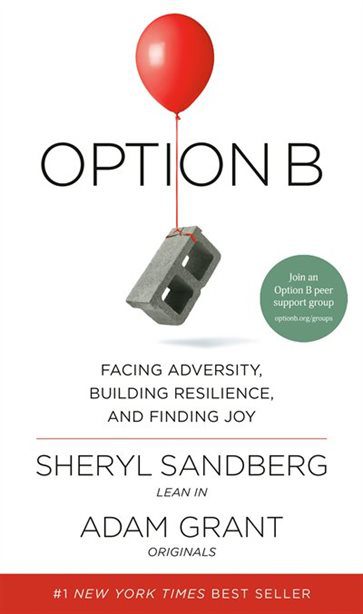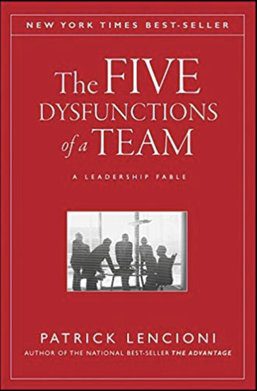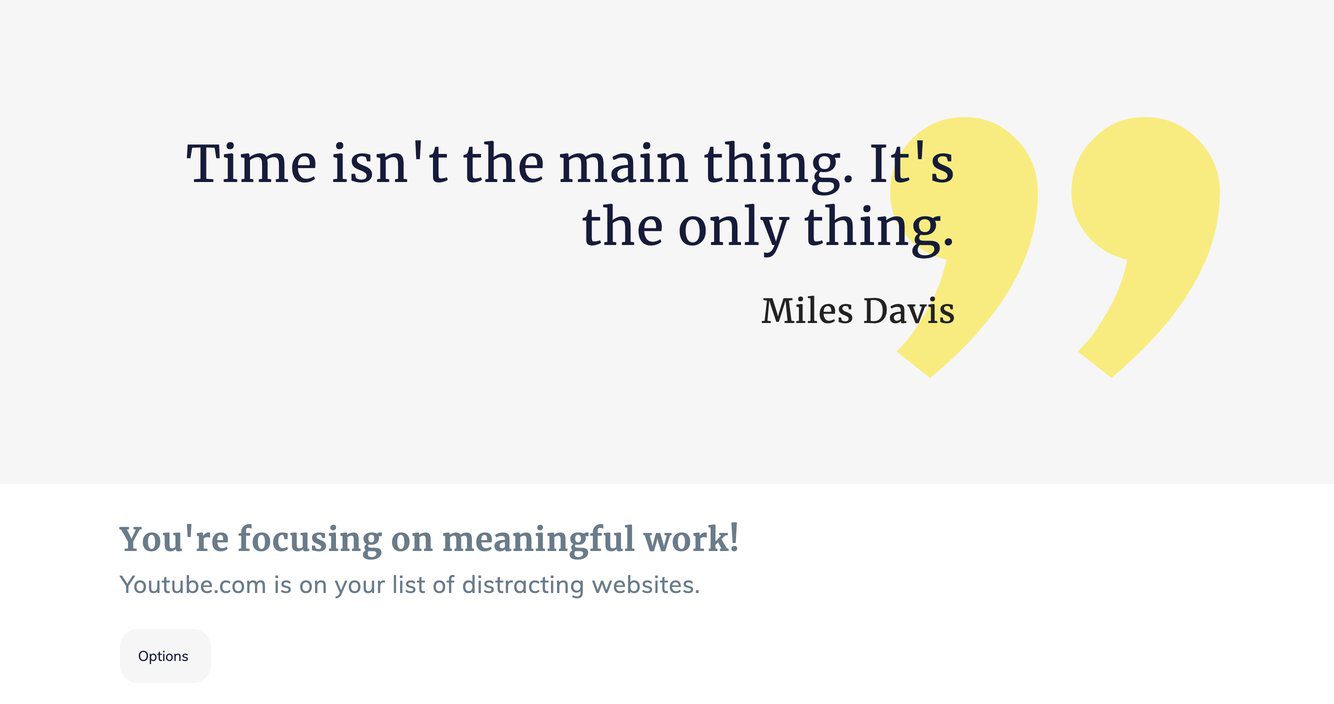“Loss, grief, and disappointment are profoundly personal. We all have unique circumstances and reactions to them.”
Print | Kindle (eBook) | Audiobook
Losing my mum is by far the toughest thing have had to Endure thus far and in healing/grieving, so many lessons have been learnt in the process.
The Book Option B by Sheryl Sandberg and Adam Grant made me teary a lot while reading it as I could totally relate with most of the stories, anecdotes, pain and experiences she shared on losing her husband Dave Goldberg.
The book explores the psychology of recovery and the challenges of regaining confidence and rediscovering joy. Option B shares Insights on facing adversity, building resilience, and finding joy.
When we are no longer able to change a situation, we are challenged to change ourselves.- Psychiatrist and Holocaust survivor Viktor Frankl
Here are some of my favourite take-aways from reading Option B:
The 3 Ps of Recovery
We plant the seeds of resilience in the ways we process negative events. After spending decades studying how people deal with setbacks, psychologist Martin Seligman found that three P’s can stunt recovery:
(1) personalization—the belief that we are at
fault;
(2) pervasiveness—the belief that an
event will affect all areas of our life; and
(3) permanence—the belief that the aftershocks of the event will last forever”
“Hundreds of studies have shown that children and adults recover more quickly when they realize that hardships aren’t entirely their fault, don’t affect every aspect of their lives, and won’t follow them everywhere forever. Recognizing that negative events aren’t personal, pervasive, or permanent makes people less likely to get depressed and better able to cope”
“A day of joy is fifteen minutes. A day of pain is fifteen years,” he said. “No one pretends this is easy, but the job of life is to make those fifteen minutes into fifteen years and those fifteen years into fifteen minutes.” – Larry Brilliant said while he was consoling Sheryl on Daves’ Death
The Non-Question-Asking Friend,
The Non-Question-Asking Friend, who never, ever, ever asks you anything about your life.” Sometimes these friends are self-absorbed. Sometimes they’re just uncomfortable having intimate conversations.”
“When you’re faced with tragedy, you usually find that you’re no longer surrounded by people—you’re surrounded by platitudes. So what do we offer instead of ‘everything happens for a reason’?” asks writer Tim Lawrence. He suggests that “the most powerful thing you can do is acknowledge. To literally say the words: I acknowledge your pain. I’m here with you.”
The Platinum Rule
Golden Rule: treat others as you want to be treated. But when someone is suffering, instead of following the Golden Rule, we need to follow the :
Platinum Rule: treat others as they want to be treated. Take a cue from the person in distress and respond with understanding—or better yet, action.”
When we hear that someone we care about has lost a job, started chemo, or is going through a divorce, our first impulse is usually “I should reach out.” Then right after that impulse doubts often flood our mind.
“What if I say the wrong thing?” – Say it anyways
“What if talking about it makes her feel self-conscious?” – Be there for them anyways
“What if I’m overstepping?” – Let them tell you that.
“In prosperity our friends know us; in adversity we know our friends”
Once raised, these doubts are followed by excuses like “He has so many friends and we’re not that close.” Or “She must be so busy. I don’t want to bother her.” We put off calling or offering help until we feel guilty that we didn’t do it sooner…and then it feels too late.
“When one door of happiness closes, another opens; but often we look so long at the closed door that we do not see the one which has been opened for us.” – Helen Keller
Self Compassion
Psychologist Kristin Neff describes self-compassion as offering the same kindness to ourselves that we would give to a friend. It allows us to respond to our own errors with concern and understanding rather than criticism and shame.
Self-compassion comes from recognizing that our imperfections are part of being human. Those who can tap into it recover from hardship faster.
Journaling
Philosopher Søren Kierkegaard said that life can only be understood backward but it must be lived forward. Journaling helped me make sense of the past and rebuild my self-confidence to navigate the present and future,
“ Journaling helped me process my overwhelming feelings and my all-too-many regrets.”
Post-traumatic growth.
“Let me fall if I must fall. The one I become will catch me.”
Finding greater meaning in life—a stronger sense of purpose rooted in a belief that one’s existence has significance. In Viktor Frankl’s words:
“In some way, suffering ceases to be suffering at the moment it finds a meaning.”
“Tragedy does not always leave us appreciating the people in our lives. Trauma can make us wary of others and have lasting negative effects on our ability to form relationships.
Many survivors of sexual abuse and assault report that their beliefs about the goodness of others remain shattered and they have difficulty trusting people. After losing a child, parents often have a harder time getting along with relatives and neighbors.
After losing a spouse, it’s common for people to argue more with friends and feel insulted by them. But tragedy can also motivate people to develop new and deeper relationships.
“Every new beginning comes from some other beginning’s end.” – Seneca

Peace is joy at rest. Joy is peace on its feet.” ― Anne Lamott.
Taking Back Joy
A life chasing pleasure without meaning is an aimless existence. Yet a meaningful life without joy is a depressing one.
“Survivor guilt is a thief of joy—yet another secondary loss from death. When people lose a loved one, they are not just wracked with grief but also with remorse. It’s another personalization trap: “Why am I the one who is still alive?” Even after acute grief is gone, the guilt remains. “I didn’t spend enough time with him.”
“Part of every misery,” C. S. Lewis wrote, is “misery’s shadow…the fact that you don’t merely suffer but have to keep on thinking about the fact that you suffer.”
And death isn’t the only kind of loss that triggers guilt. When a company lays off employees, those who keep their jobs often struggle with survivor guilt. The thought process begins with “It should’ve been me.” This is followed by gratitude—“I’m glad it wasn’t me”—which is quickly washed away by shame: “I’m a bad person for feeling happy when my friends lost their jobs.”
Paying attention to moments of joy takes effort because we are wired to focus on the negatives more than the positives. Bad events tend to have a stronger effect on us than good events.
“In the depths of winter, I finally learned that within me there lay an invincible summer.—ALBERT CAMUS
No matter what we are going through in life, it has not come to stay. This too shall pass, as Les Brown would say “until you handle it with grace, it will stay in your face.”
All the best in your quest to get better. Don’t Settle: Live with Passion.



2 Comments
Pingback: Top Books for Dealing with Grief and Loss. – Lanre Dahunsi
Pingback: 100 Books Reading Challenge 2020 – Lanre Dahunsi